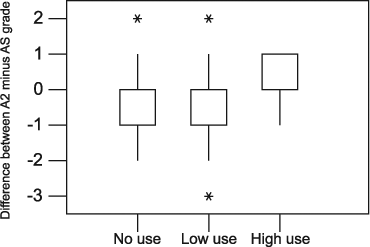


What do the founders of Google (both of them), Amazon and Wikipedia have in common? Like Alexander Graham Bell, Thomas Edison, Henry Ford, Mahatma Gandhi, Sigmund Freud, Buckminster Fuller, Leo Tolstoy, Bertrand Russell, Jean Piaget and Hilary and Bill Clinton before them, they all had early Montessori schooling.
Sergei Brin and Larry Page both attended Montessori schools. Indeed, they both credit their Montessori education for much of their success. It was the Montessori experience, they claim, that made them self-directed, allowing them to think for themselves and pursue their real interests.
Jeff Bezos's mother tells of his single-mindedness at his Motessori school, being so absorbed in the tasks he chose that they had to drag him off to give him a change. This same self-directed, single-mindedness was a feature of his Amazon adventure.
Jimmy Wales was educated in a one-room schoolhouse. Although not home-schooling, it was close as he was taught in a class of four by his mother and grandmother, who ran the school. The school was significantly influenced by Montessori methods and he had the freedom to study what he liked on his own terms.
Note that all three have made significant contributions to increasing access to self-directed knowledge and learning.


